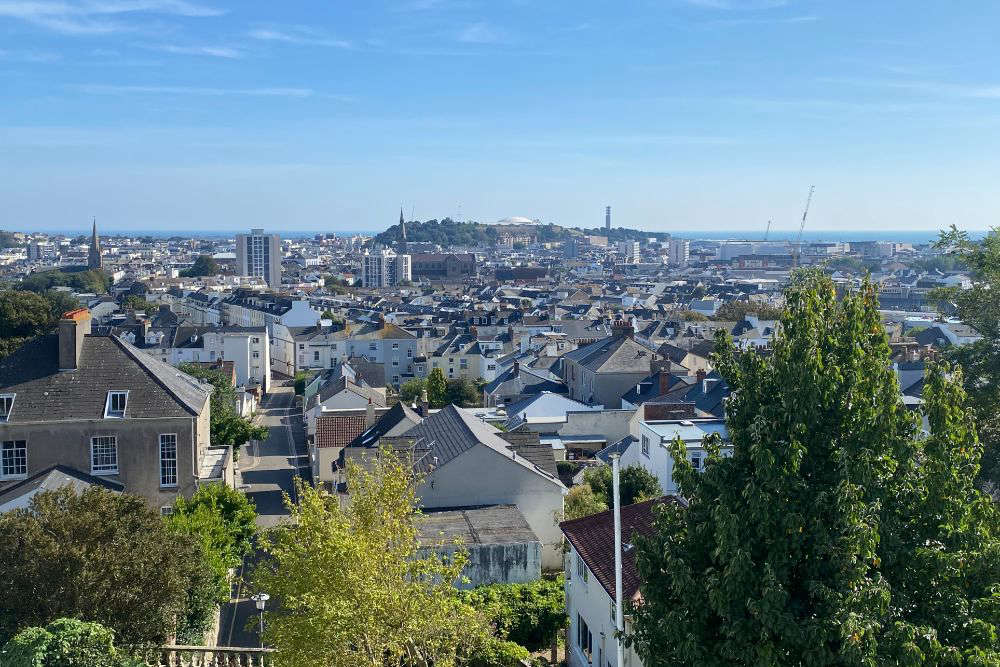
Landlords will have to have a licence to rent out their properties from next year.
The new rules will require landlords to apply for a licence every two years to ensure their properties meet minimum requirements.
A licence will last two years and cost £60.
States Members threw out proposals from scrutiny to exempt social housing providers from the charge.
These were later consolidated into two 'super amendments' after the Environment Minister said the previous amendments threw up problems which would've made it 'impossible' for the debate to go ahead.
After several failed versions of the proposals and numerous delays, politicians voted 37-9 on Tuesday (29 November) to support Deputy Jonathan Renouf's licensing scheme.
The decision has been welcomed by the Housing Minister and his predecessor, Reform Leader Deputy Sam Mezec.
Great job done by @JonathanRenouf and his team. A Government doing the right thing for Islanders
— David Warr (@WarrOnWords) November 28, 2023
Social justice charity Caritas has also praised the Environment Minister on social media.
Well done @StatesAssembly & esp the 37 members who voted in favour of the Rental Dwellings Licencing proposition!! Despite the last minute hijack attempt, the health & safety of the most vulnerable islanders has been prioritised by members. Congrats and thanks @JonathanRenouf
— Caritas Jersey CEO (@CaritasJsyCeo) November 28, 2023
A licence will be required for each individual home rented out.
Officers will be able to make random inspections.
There will be a four-phase approach to enforcement: 'engage, explain, encourage and enforce'.
Ultimately, there will be a mechanism for withdrawing a licence if the landlord fails to make improvements in the specified period, but this would be 'last resort'.
If a property has a licence application refused, not renewed or a licence is withdrawn, then it could not be rented out.
Renting out an unlicensed property would carry a fine of up to £10,000.


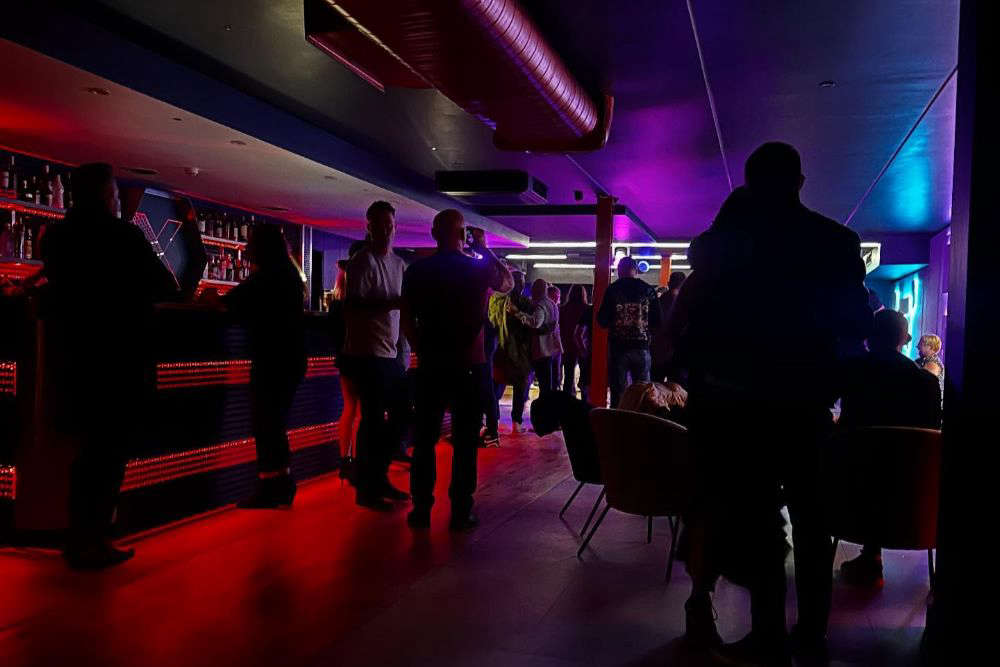 New nightclub 'X' opens in St Helier
New nightclub 'X' opens in St Helier
 Firefighters tackle ‘potty predicament’
Firefighters tackle ‘potty predicament’
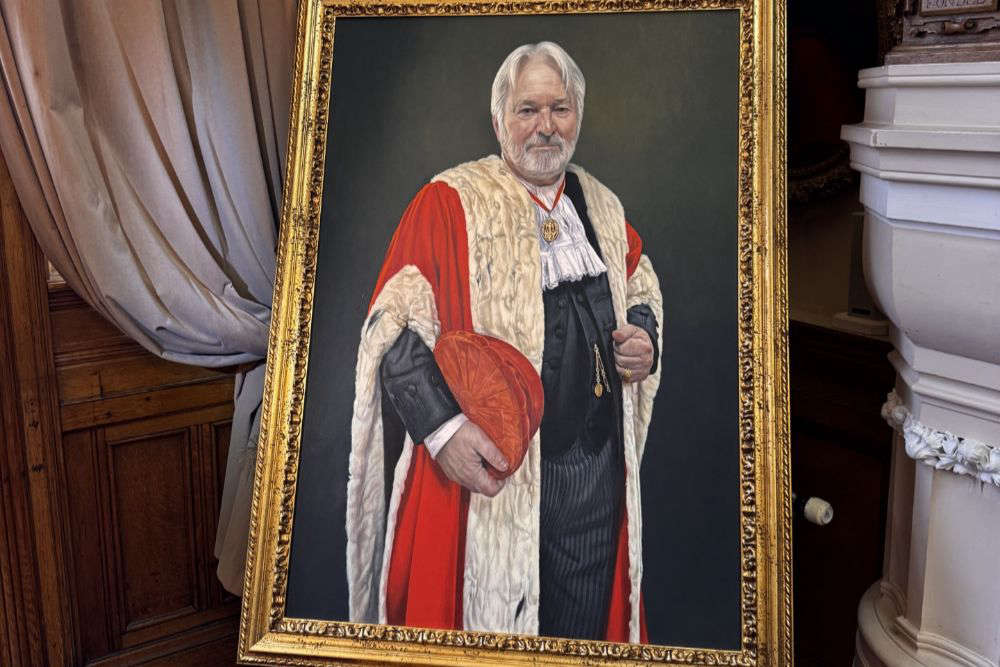 Sir Timothy Le Cocq retires as Bailiff
Sir Timothy Le Cocq retires as Bailiff
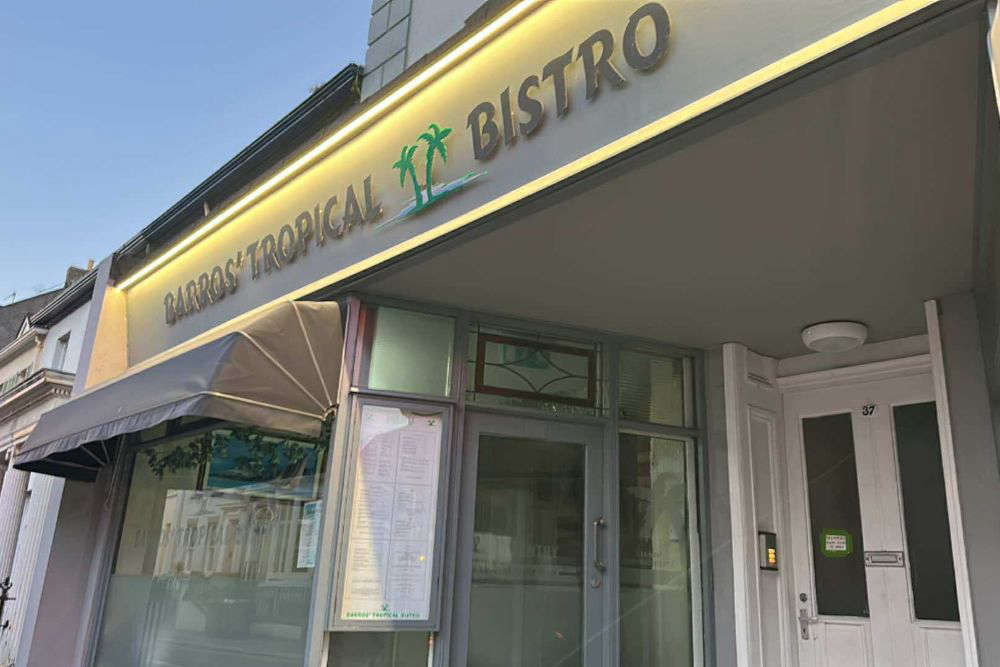 Family-run Portuguese restaurant to close after 30 years
Family-run Portuguese restaurant to close after 30 years
 Facial age checks now in use at ten Jersey Co-op stores
Facial age checks now in use at ten Jersey Co-op stores
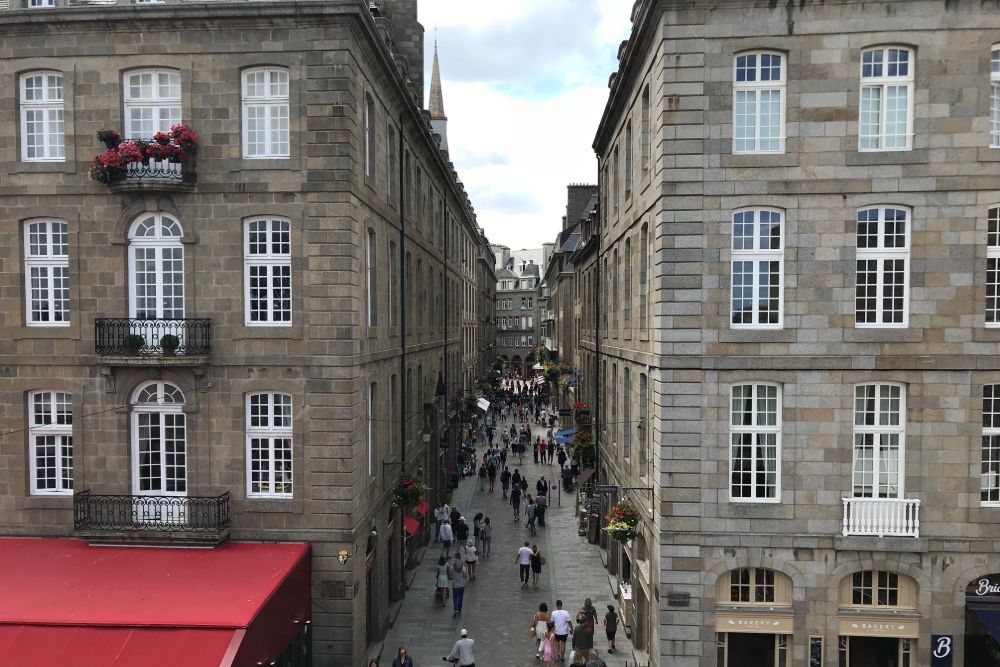 DFDS offers 24-hour French day trip fares
DFDS offers 24-hour French day trip fares
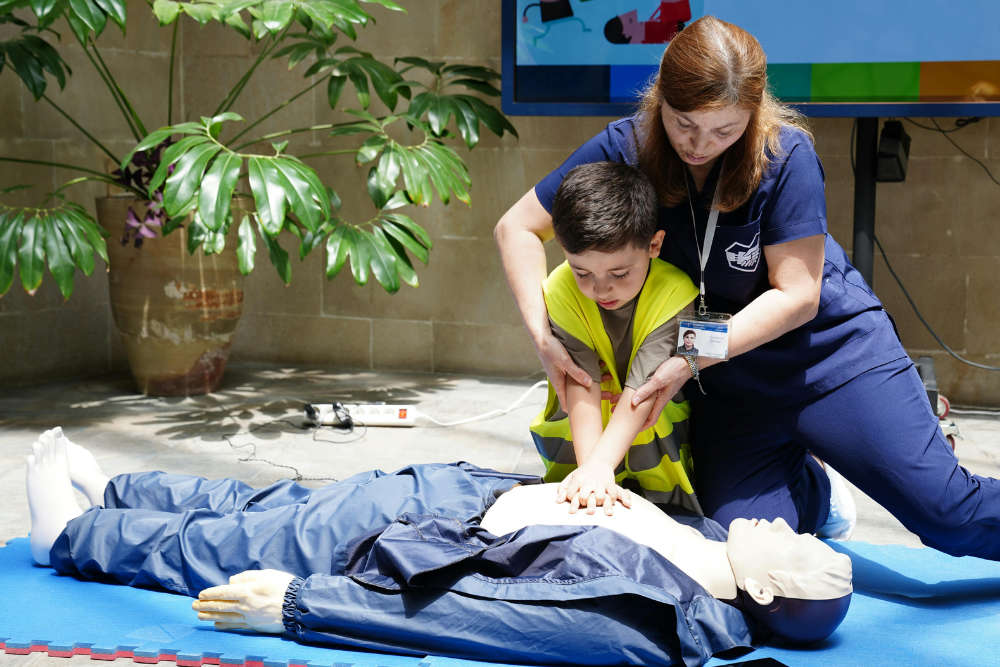 Free training in town in how to save a life
Free training in town in how to save a life
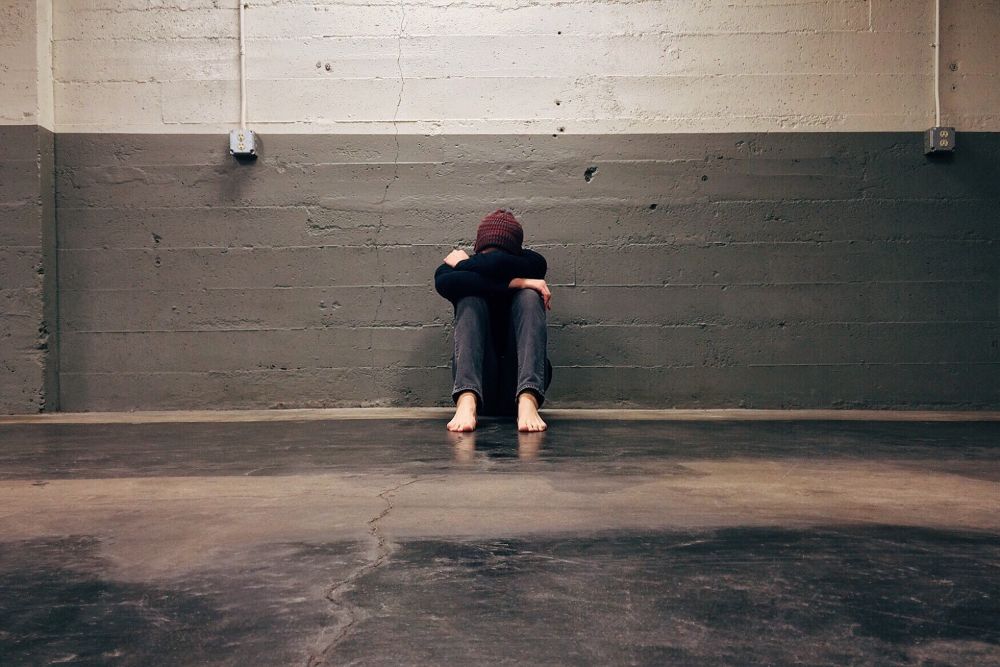 Another big rise in those seeking help for homelessness
Another big rise in those seeking help for homelessness




